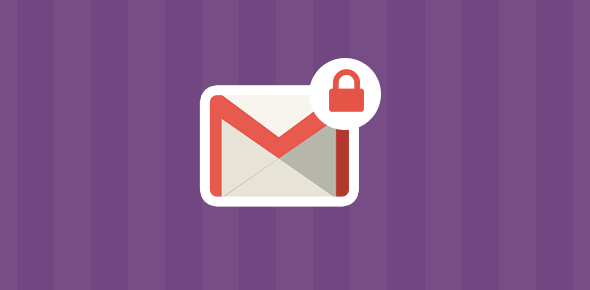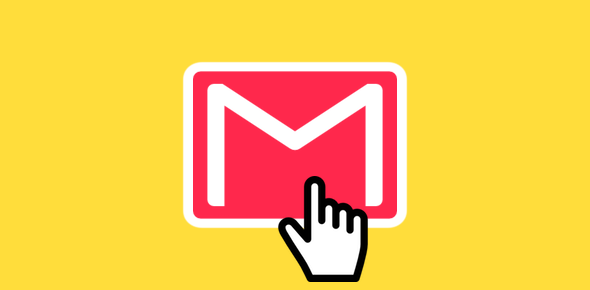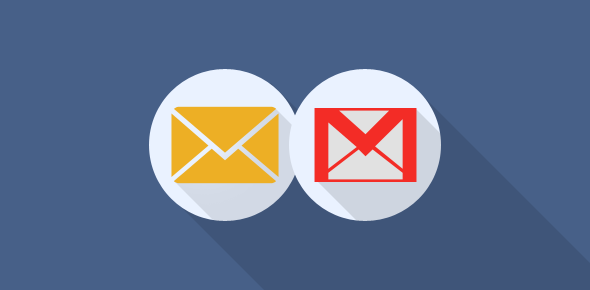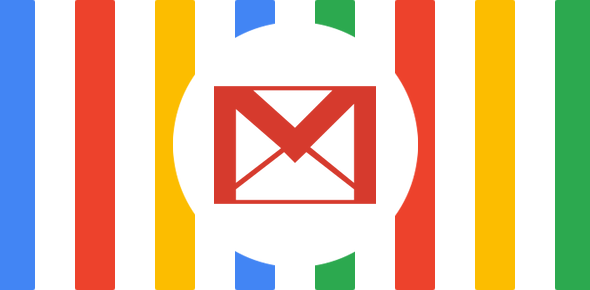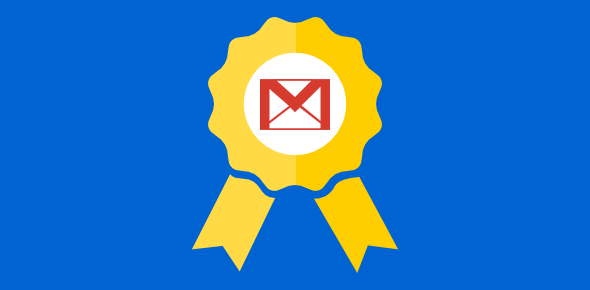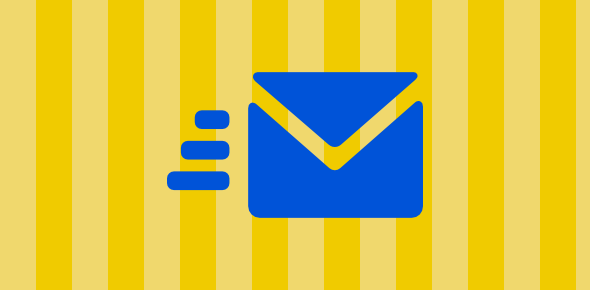When Google unveiled Gmail, a free web based email service, on the 1st of April 2004, most people though it was a nerdy April Fool’s joke. After all, the offer of 1GB of storage space did seem a bit far-fetched when others, especially the popular ones like Yahoo! Mail and Hotmail, were providing less than 10MB – one hundredth of a GB!
The free Gmail email service, like other free offerings on the web, was to be supported by ads. Google, however, did not plan to use annoying image or flash banner advertisements; they planned to put text ads from their advertising network.
Sponsored Links
Small text link ads are way better than flashy image banners; I suppose most of us with agree to that. The only problem was the text ads were to be relevant to the email content. This means if you get an email from a friend telling you about a movie she saw, the ads displayed would probably be from an online movie store, a web site selling tickets, the actual movie site or something similar!
Some people raised much hue-and-cry on this issue. Reading the email contents and displaying relevant ads was considered a breach of privacy. Google’s stance on Gmail ads was heavily criticized and some law suits were filed!
Breach of privacy claims are baseless
This is what I think – the entire hullabaloo was completely unwanted and unwarranted!
The trouble-makers and, supposedly, “oversensitive” people failed to realize that each and every online email service worth its salt reads email contents.
All incoming emails on web based services are scanned for viruses and worms. If that can be taken in good light, what is the problem in having relevant text advertisements displayed by automatic scanning of email contents? Google neither has the intentions nor the resources to manually examine the contents of your email messages. No one is sitting in Google headquarters or an outsourced location carefully scanning your emails – the very thought is silly and preposterous.
By the way, if some of you consider scanning for viruses and worms not the same as “reading” email contents, here is another related issue for you to think about. Your incoming email messages are examined much more closely by the spam and junk mail filters. These automated features go through the entire contents looking for keywords than may mark the email as spam or junk. In fact, I’ve noticed that, at times, even image-based spam cannot escape these filters. This means the images in your email are being analyzed too!
Also, when you log in at your account on other email services (and most web sites), your system sends out a lot of information such as your location, computer configuration etc. Should this not be considered as a breach of privacy? Yes, there are programs that can mask your I.P. address (and hence your location), but most of us either do not know about these or don’t care to use them.
Gmail proposed to offer an excellent email service backed by Google’s guarantee of delivery quality products. Sometimes I feel, the enormous 1GB storage space on offer from Gmail left its competitors breathless and it is they who raked up this nonsensical storm.
Smart and unobtrusive text ads are such an elegant way to display advertising. And they have worked much better in generating revenue than flashy conspicuous images.
Gmail privacy – Know a little more
No one forces you to use Gmail. If you are not comfortable with the idea of your email contents being read by an automated program (that displayed text ads), don’t do so! In fact, I suggest you should not consider using a free (or paid) web based email services because all of these scan your incoming messages for potential virus and worm infections or for spam and phishing attacks.
Having said that, I recommend you read the official Gmail privacy notice from Google and the excellent article by Tim O’Reilly, The Fuss About Gmail and Privacy.
